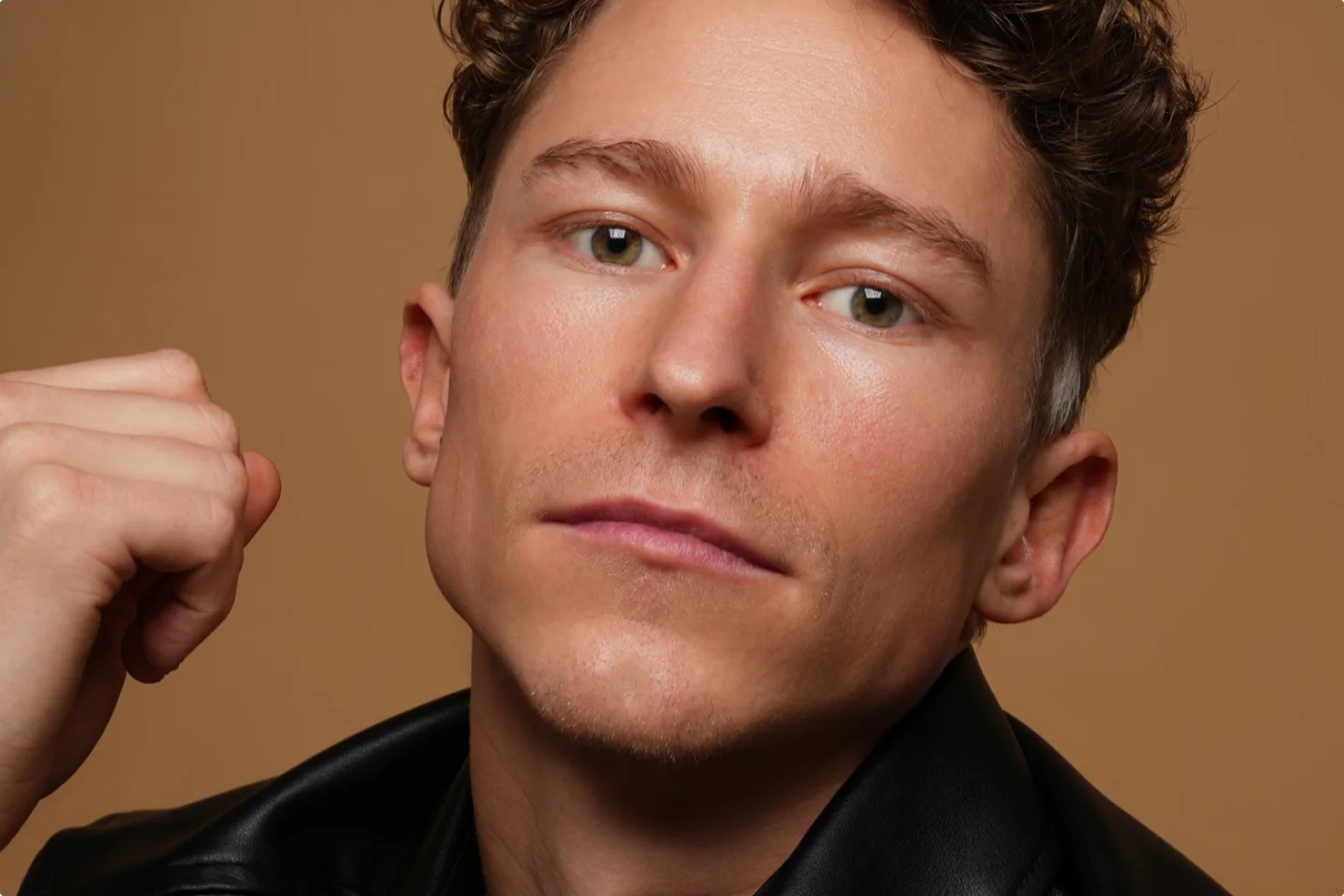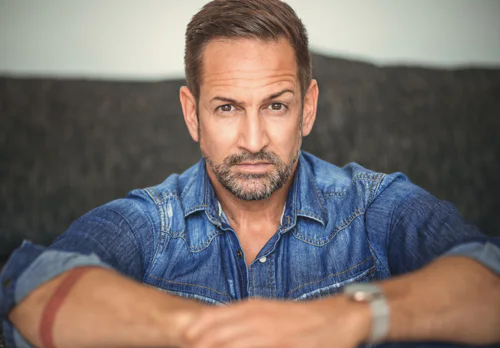Clear the stage for new acting talent
The job description of an actor is mainly associated with glamorous Hollywood film stars such as Jonny Depp, Julia Roberts, Angelina Jolie, Brad Pitt and co. who walk the red carpets in America, enjoy great popularity worldwide and bathe in luxury. The jobs literally fall into their laps. Of course, this can happen to anyone and there are plenty of examples of people who have climbed the career ladder without any sound acting training.
However, this usually only applies to a small percentage, as the road to the top is long and rocky. So it can happen that you have to struggle from engagement to engagement and take on odd jobs to keep your head above water. Regular jobs and a solid income are often a stroke of luck. There is no question that being an actor is multifaceted, exciting and offers many opportunities for personal development. It is therefore not uncommon for the job of an actor to be the dream job for many young people. But like other jobs, it also has to be learned.
What do actors actually do?
Actors are usually in the spotlight, i.e. in front of the camera or on stage. They embody certain characters from a script for film and television productions or from a play. As soon as they are given a role, they study it intensively and familiarize themselves with it. In the next step, initial interpretations are developed in rehearsals with the director and the other actors. The actors then acquire the facial expressions, gestures, expressions and movements of their respective roles in rehearsals in order to then give a convincing performance on the theater stage or on the film and television set.
Actors can also act as dubbing actors for foreign-language formats, lend their voices to characters in radio plays or record sentences for documentaries and radio. Here you can find out why actors are usually in demand for voiceover jobs and what you need to be able to do as a voiceover artist: Job profile: Voice actor
Experienced actors can also work as acting teachers/coaches and enter the field of theater pedagogy.
Industries in which actors find employment:
Film, television and radio
Theater, musicals and opera
Advertising and web
Show events
What skills do actors have?
Since the acting profession, especially the path to it, is a tough job, you should generally have a lot of stamina, determination and passion. After all, you may well have to cope with many rejections before the big opportunity beckons. Self-promotion is part of this and should be mastered in order to attract attention.
You should also enjoy presenting yourself to others and have an interest in language, music and movement. You can find out more about the qualities you need in the article: How to become an actor?
Is training necessary?
A good drama school is the best preparation for a career as an actor, as the most important basics are taught during the three to four years of school. This is also the most common route if you are aiming for a serious acting career as a professional.
Of course, there are also cheaper and more flexible alternatives to gain a foothold in the acting business, such as short workshops or individual lessons with acting teachers or coaches. However, fast-track training is usually not recommended, as it is said that "providers of crash courses lure you in with unrealistic career promises".
Even untrained actors can make it onto the big stages and movie screens. There are plenty of career changers who are setting a good example.
However, according to industry experts, such as the Central Stage, Television and Film Agency (ZBF) of the Federal Employment Agency in Bonn, there is no way around several years of drama school if you want to earn money with acting in the long term and be involved in serious engagements. You can find more detailed information on the career path and the best tips on how to impress in the application process in the following article: How to become an actor?
What does an actor earn?
You do not receive any remuneration during your training, but instead have to pay school, examination and admission fees. However, as this is school-based training, you can apply for state support in the form of BAföG.
Even after training, the pay situation for aspiring actors does not look bright. Since 2014, there have been collective agreements for actors that do not necessarily pay out a substantial income. Beginners at a publicly funded theater, for example, only receive at least EUR 1,850 gross per month. At EUR 3,000 to 4,000, this is already considered a very good salary. If you work in television or film, you are guaranteed a minimum gross salary of EUR 810 per day of shooting. However, you should bear in mind that, especially at the beginning, not every day is a shooting day, but most of the time is actually used for unpaid canvassing and landing new jobs.
However, with more experience and a bit of luck, if you manage to land the lead role in a play, movie or TV series, you can expect to earn a significantly higher salary. If you also become better known and more popular, there is no upper limit to your income.
A current example are the stars of the "Game of Thrones" series. No other series has been such a hot topic of conversation for so many years and is still watched diligently. The hype pays off for the main actors. Their mega-fees amount to $500,000 per episode, according to the Business Insider. This is mainly due to complex bonus clauses. The series is broadcast in several countries, allowing the actors to share a percentage of the revenue and also make money from TV reruns. In addition, the main actors are irreplaceable for the series, which forces the production company to respond to the actors' demands if it wants to keep the series alive.
What development opportunities does an actor have?
Actors can, of course, climb the career ladder within the art of acting and develop from minor supporting roles to major leading roles - regardless of the industry.
Moreover, actors do not have to remain loyal to one genre all their lives. They can switch from classical theater to the colorful musical stage or to film. In this context, industry-specific further and advanced training in the form of crash courses, for example, definitely makes sense - provided you have already completed an acting course - according to the ZBF and the German Acting Association. This is because actors learn, for example, how to move correctly in front of the camera or acquire theatrical expressions and gestures that seem too exaggerated for television and film. However, you should check the course provider's CV before booking and make sure that they are experienced and actually hold the classes themselves.
Furthermore, many actors who have been in front of the camera or on stage for a long time themselves aspire to other disciplines and creative roles behind the lens. For example, a (former) actor can become the producer of their own feature film and at the same time act in it, or take on the new task of directing a play.
Actors have countless development opportunities, which makes this profession so varied and incredibly exciting.























